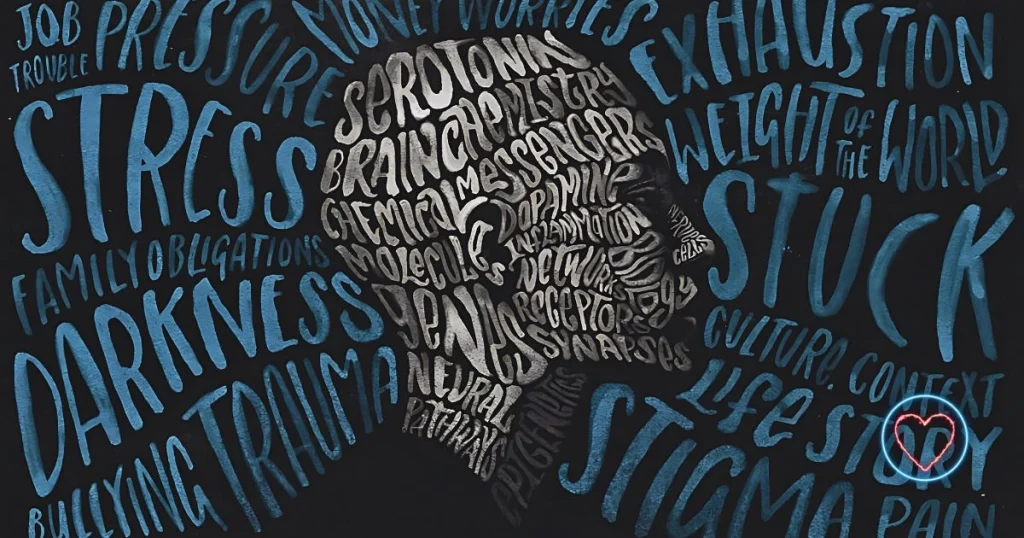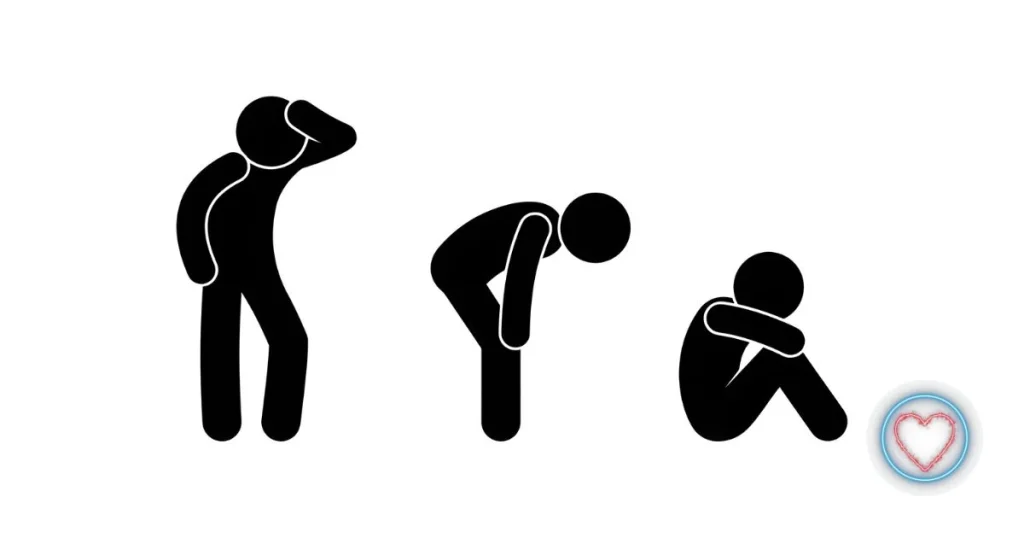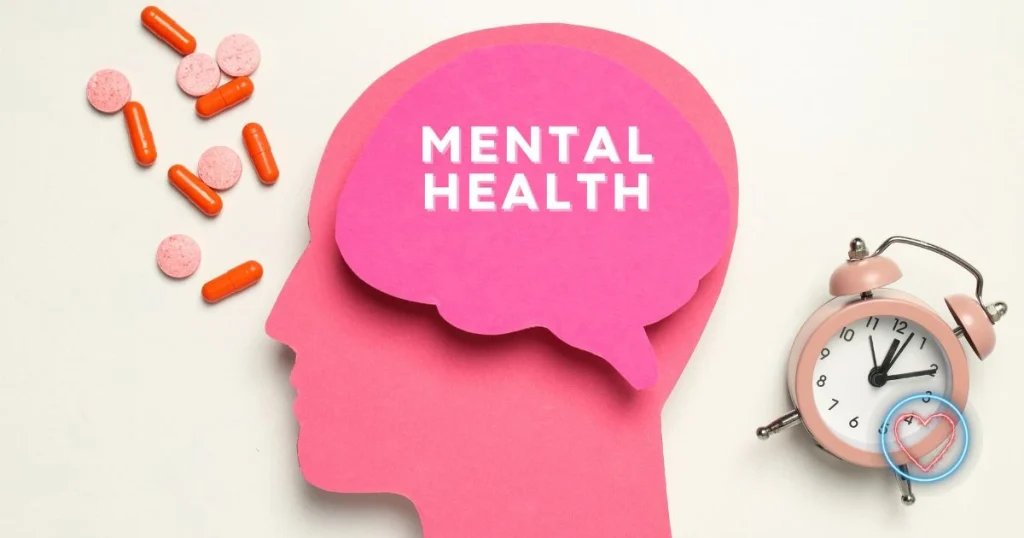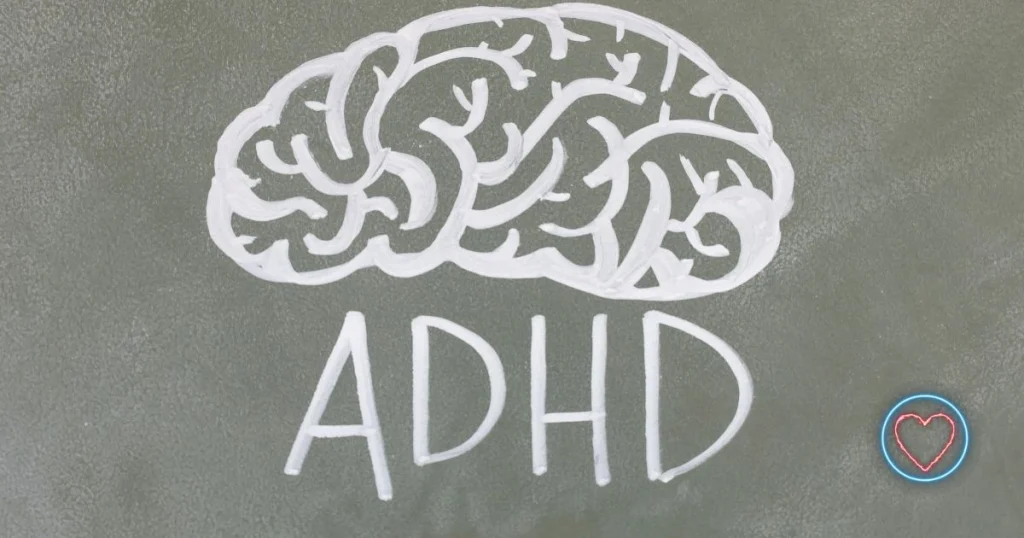In our fast-paced, achievement-oriented world, it’s easy to miss the signs of mental health struggles, especially when someone appears to be doing well on the outside. One such often-overlooked condition is high-functioning depression. While not an official diagnosis in the DSM-5, it closely resembles Persistent Depressive Disorder (PDD) or dysthymia—a chronic form of depression characterized by a low mood lasting for two years or more.
High-functioning depression doesn’t always stop people from meeting life’s demands. They may hold jobs, attend school, maintain relationships, and even appear cheerful in social settings. But underneath the surface, they often feel exhausted, unmotivated, and emotionally numb. This paradox can make it especially difficult for others—and even the individuals themselves—to recognize the issue.
Understanding the signs can help foster awareness, compassion, and timely support. Here are 12 signs of high-functioning depression that deserve attention.
1. Persistent Low Mood That’s Easily Dismissed
People with high-functioning depression often live with a constant sense of sadness, emptiness, or emotional dullness. However, this low mood becomes so normalized that they (and those around them) write it off as part of their personality—perhaps labeling themselves as “just tired,” “quiet,” or “introverted.”
This chronic emotional flatness isn’t dramatic. It rarely comes in waves like major depressive episodes but instead feels like a dull ache that never quite disappears.
2. Overachievement as a Coping Mechanism
Ironically, many people with high-functioning depression are perfectionists and overachievers. They use productivity as a shield against the emotional void they feel inside. Excelling in work, academics, or caregiving roles can become a way to distract themselves from their inner turmoil.
This compulsive need to stay busy can be both deceptive and damaging—masking the depression while fueling burnout.
3. Chronic Fatigue and Low Energy
Despite getting a full night’s sleep, people with high-functioning depression often feel perpetually tired. It’s not the kind of tiredness that’s solved with rest—it’s more like a mental and emotional exhaustion that clings to them throughout the day.
They may drag themselves through routines, needing extra effort to complete even simple tasks, all while masking their fatigue with forced enthusiasm or a smile.
4. Difficulty Experiencing Joy
Life may be filled with events and milestones that should bring happiness, but those with high-functioning depression often find it difficult to feel genuine joy or excitement. Activities they once loved may now feel dull or obligatory.
This emotional numbness can lead to feelings of guilt—why can’t I just be happy like everyone else?—further deepening the cycle of internal criticism.
5. Irritability and Short Temper
While sadness is a hallmark of depression, irritability is often a more common expression in high-functioning individuals. Because they are suppressing their deeper emotional struggles to stay afloat, even minor inconveniences can feel overwhelming.
They may snap at loved ones, feel constantly on edge, or become easily frustrated with themselves and others. The irritability is less about others and more a symptom of their own internal struggle.
6. Feelings of Guilt and Worthlessness
Even while accomplishing goals or helping others, someone with high-functioning depression may experience a deep sense of inadequacy. They often feel like imposters, questioning their worth and replaying past mistakes.
This guilt can be irrational—focused on being a “burden” to others or not living up to self-imposed standards—even when there is no evidence to support those beliefs.
7. Isolation Disguised as Independence
Because they’re often perceived as competent and self-sufficient, people with high-functioning depression may withdraw emotionally while maintaining a social presence. They may attend events, answer messages, and laugh at jokes—but their heart isn’t in it.
They rarely open up about how they truly feel, often fearing they’ll be misunderstood, pitied, or seen as weak. Instead, they isolate themselves emotionally, putting on a brave face even while feeling completely alone.
8. Neglecting Personal Needs
Though they may show up for work and care for others, their personal self-care often suffers. Meals may be skipped or replaced with junk food. Exercise routines vanish. Even basic hygiene or tidying up might become overwhelming.
Because they are functioning externally, these lapses often go unnoticed. But they are telltale signs of internal depletion and lack of self-worth.
9. Overthinking and Indecisiveness
Every choice—big or small—can feel like a mental burden. High-functioning depression can make individuals second-guess themselves constantly, worry about outcomes, and fear making the “wrong” decision.
This overthinking stems from a place of low confidence and a brain fog that makes clarity feel elusive. As a result, they often procrastinate or seek constant reassurance.
10. Sleep Issues (Too Much or Too Little)
Sleep disturbances are a common symptom. Some individuals experience insomnia—they lie awake for hours, mind racing with anxious thoughts. Others sleep excessively, struggling to get out of bed even after a full night’s rest.
These disruptions aren’t just physical; they are often tied to emotional exhaustion and an attempt to avoid facing the demands of the day.
11. A Hidden Sense of Hopelessness
Though they may not talk about it, many people with high-functioning depression experience a quiet sense of hopelessness. The future may seem bleak or unchanging. They may think, “What’s the point?” even as they go through the motions of life.
This doesn’t always manifest as suicidal ideation, but rather a loss of purpose or meaning that eats away at motivation over time.
12. Fearing Being “Found Out”
Because they maintain a façade of normalcy or success, many fear being “found out.” They worry that revealing their inner battles would disappoint loved ones or ruin their reputation. This fear creates a constant state of emotional hiding.
This duality—functioning on the outside, suffering on the inside—can be deeply isolating, reinforcing the belief that they must keep it all together no matter what.
Why High-Functioning Depression Is Often Overlooked
High-functioning depression is particularly insidious because the person appears “fine.” Society tends to reward those who push through, work hard, and stay composed—even when they’re silently struggling.
Because the external signs of dysfunction are absent or subtle, these individuals may never receive help. Often, their pain is only acknowledged once they hit a breaking point.
What You Can Do If You Recognize These Signs
If you see yourself in these signs, it’s important to know that you’re not alone, and you don’t have to suffer in silence. Here are a few steps you can take:
- Reach out to a mental health professional. Therapy can help identify the roots of your depression and provide strategies for healing.
- Talk to someone you trust. Confiding in a friend or family member can break the cycle of isolation.
- Practice self-compassion. Acknowledge that your struggles are real and valid, even if you appear high-functioning.
- Create small, sustainable routines. Gentle habits like walking, journaling, or setting boundaries can make a difference.
- Consider medical support. In some cases, antidepressants or other treatments may help regulate mood and energy levels.
Final Thoughts
High-functioning depression is a reminder that mental illness doesn’t always look the way we expect. People can smile while suffering. They can succeed professionally while feeling empty. They can be surrounded by others yet feel completely alone.
Recognizing the signs—whether in yourself or others—is the first step toward healing. The goal isn’t just to function. The goal is to feel alive, connected, and at peace with yourself.
If you or someone you know may be struggling, don’t wait for a breakdown to take action. Help is available, and recovery is possible—even for those who seem to have it all together.




















